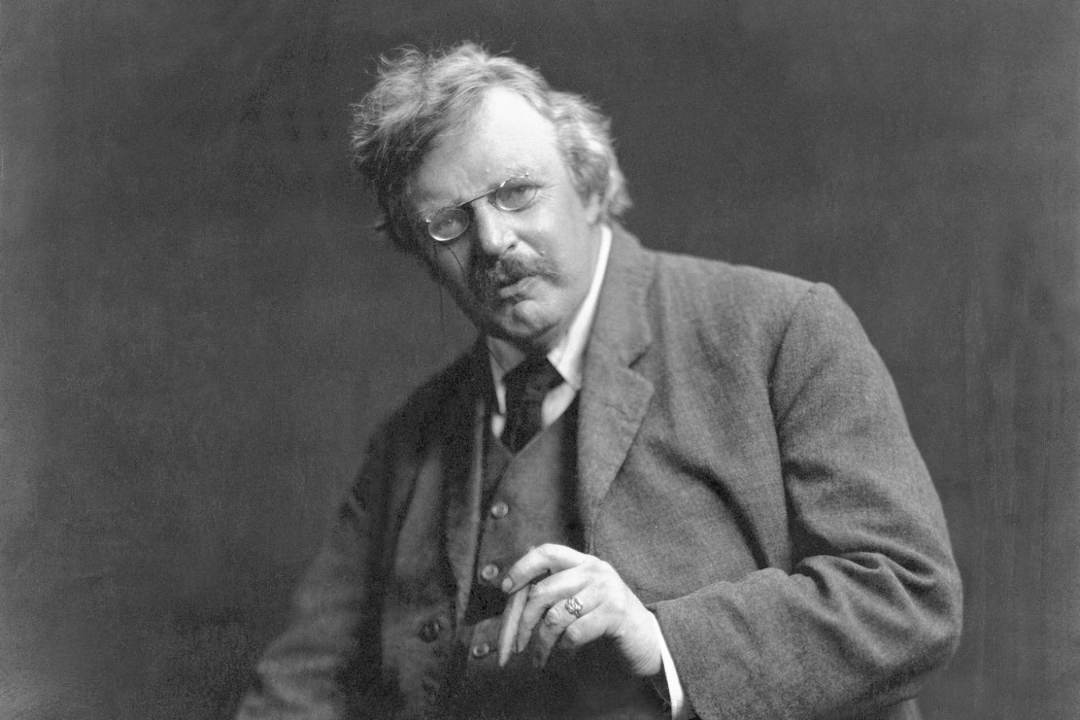In 1908, G.K. Chesterton warned Christian readers that various influences were eroding society’s ability to learn:
But what we suffer from today is humility in the wrong place. . . . A man was meant to be doubtful about himself, but undoubting about the truth; this has been exactly reversed.(1)
For Chesterton to write that in 1908 seems prescient. I can only imagine what he would say about society today. Many today locate truth in experience, confident in their interpretation of their own life as the most reliable guide they have. In this framework, the truth claims of Christianity must be abandoned when they confront desires. Claiming that Scripture has authority greater than our own lived experience is seen by many as arrogant.
Many Christians responded to these cultural shifts by shoring up their affirmations of historic orthodoxy. Words like perspicuity and sufficiency became common as many were rightly concerned to protect the authority of Scripture.
Confidence in Scripture is an undiluted good thing. But today, I worry that we suffer from confidence in the wrong place. We must keep our confidence in God’s word from becoming confidence in our own interpretive ability.
We are right when we affirm the sufficiency and perspicuity of Scripture. We are wrong when we assume that this means our interpretation is as infallible as the Word of God itself. No one reads Scripture without their own set of cultural influences. When we view ourselves as unbiased interpreters, we overestimate our own competence. Experience does not determine truth, but our experience affects our ability to discern truth.
There are warning signs that our confidence has shifted. Here are three signs we have lost our interpretive humility:
1. All of our theological influences come from our culture.
The ethnic stratification of the Church in America is nothing new. But our failure to fellowship cross-culturally can mean we assume that our church, our tradition, and our culture are the solitary keepers of truth. Think about the theological influences that have most shaped you. Are they all from your tradition and culture? Do they all look like you? If so, you have the chance to grow in humility by reading cross-culturally.
2. We view other Christians and traditions with suspicion.
All of us carry around assumptions about other cultures. When we’re humble, we hold these assumptions loosely. If we become proud, we will assume that different means wrong. What is your gut-level reaction when you encounter an unfamiliar voice? Have you ever seen a quote from a teacher or preacher you don’t know and made the assumption that they were probably compromised in some way since you don’t know about them? Work against that instinct. Humility about ourselves but confidence in God’s truth allows us to learn from others. This humble confidence is a winsome witness and the surest guide to truth. What Solomon says about a court case is true for our theological journeys as well: “The one who states his case first seems right, until the other comes and examines him” (Proverbs 18:17). Let’s be unafraid to listen to others, even when we might be unfamiliar with them or their tribe.
3. We appoint ourselves as the internet’s theological sheriff.
This is a related concept but it goes further. Not only does it assume that our tribe has the market cornered on truth, but that we are qualified and called to around policing other Christians. We all know the brother or sister who has a compulsion to pick every theological battle with everyone they encounter. And social media made the problem much worse. God has placed you in a specific church and perhaps given some of us broader denominational influence. But, Christian, you are not responsible for the internet. You will give no account for the beliefs of Christians you have never met. Let’s spend time engaging those with whom we regularly fellowship and get in fewer arguments with the self-appointed sheriffs or as a self-appointed internet sheriff.
Humility in the wrong place is a problem, but the same can be true of confidence. If we primarily view other Christians with suspicion, that may be an indicator that we trust ourselves and our own interpretations more than we trust Scripture and the Spirit to reveal truth to others. We need confidence in God’s word paired with a healthy suspicion of our own ability to arrive at the correct interpretation. As Chesterton wrote elsewhere: What’s wrong with the world? I am.
- G.K. Chesterton, Orthodoxy (Snowball Classics, 2015), 16.
Prayer Requests:
- Pray that God gives you humility to be able to learn from Christians of other cultures.
- Pray that God would expand your view of His people so that you have many voices speaking into your life.
- Pray that God would help you view other Christians with charity rather than suspicion.












